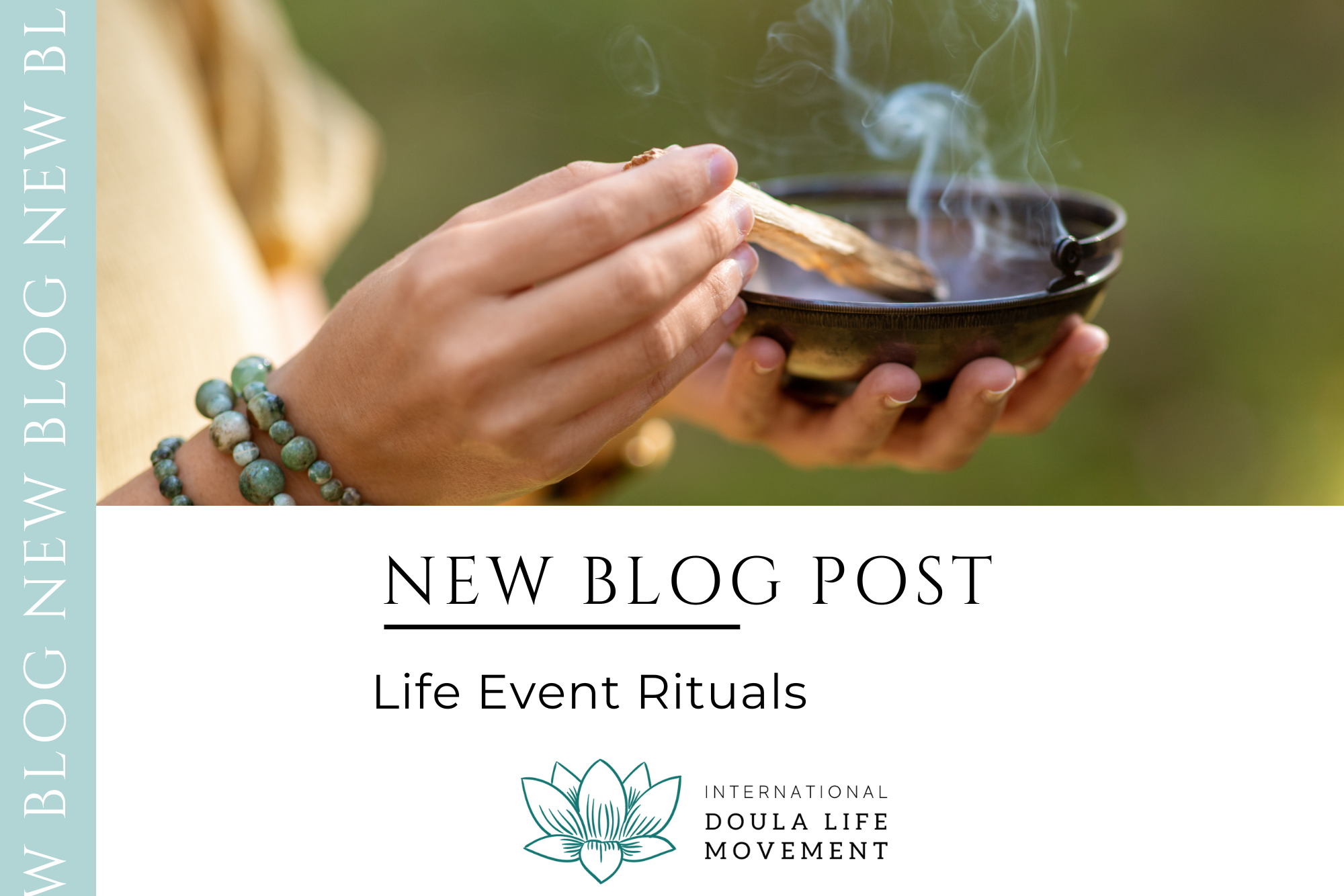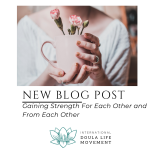Every human life is filled with rituals, even if we don’t always think of them that way. Small daily rituals like brushing our teeth, weekly rituals of going to church or getting together with friends, annual rituals of celebrating birthdays and holidays. All these rituals, big and small, give shape and order to our lives. We use them to mark the passage of time and to affirm our identities, both as individuals and as communities. They are a way of reminding ourselves of who we are, and how we choose to do things.
Different rituals serve different purposes. The way you make coffee in the morning may be a ritual; you probably do it the same way every time. By following the same steps in the same order, you have created a little ritual to ensure you get coffee exactly the way you like it—and if your ritual is missed, or done differently, your whole day might feel a little off. (We’ve all been there!)
Calendar rituals, like weekly church meetings or yearly holiday celebrations, are called affirmation rituals by anthropologists. They are opportunities for groups of people to gather and express not only shared beliefs, but also shared identity. These rituals may or may not be carried out exactly the same way every time, but they always follow a known structure containing necessary key elements that everyone involved will know and expect. That stuff has to be done right.
The rituals which are least codified are the ones some people would consider to be most important. These are the life event rituals, not set by a specific calendar date but by a moment in a person’s life. Graduations and weddings. Bar or bat mitzvahs and hundred-day parties. Baby showers. Housewarming parties. And funerals.
The fact of the matter is, all rituals are invented. They happen because we make them happen, but that doesn’t mean they don’t matter. In a lot of ways, rituals define who we are, and what we care about. In a way, they make the world make a little more sense—walking across the stage or walking down the aisle makes a graduation or a marriage feel more “real,” even if it’s only perception.
Rituals around death and dying serve the same purpose. Not to make a person’s death more real, but to celebrate the fact that they lived, and that their life mattered. The things we do to honor a person when they pass from this life can be tremendously meaningful as well as providing comfort and healing to those who mourn the loss. Helping people through these rituals is an important part of a doula’s work.
Depending on your client, they may know exactly what they want or not have any idea where to begin. This is where you need to be a good listener and a thoughtful observer, to serve in whatever way is needed. Do they have detailed instructions for what they would like? Wonderful. Give them what they want—not what you think they ought to want. If they don’t even know where to begin, it can be even more important to listen, to make sure that whatever you end up planning with them or for them is going to meet their needs. An elaborate funeral and a huge sendoff party are great sometimes. But other times, something quiet and simple is more appropriate. If the resources are there, you might even choose both.
Of all the big moments that happen in life—school, career, marriage, divorce, children—the only one guaranteed to every single person is that they will die. Leaving this world is a pretty major event; we should recognize when someone does it. But how we choose to honor them is up to us.






